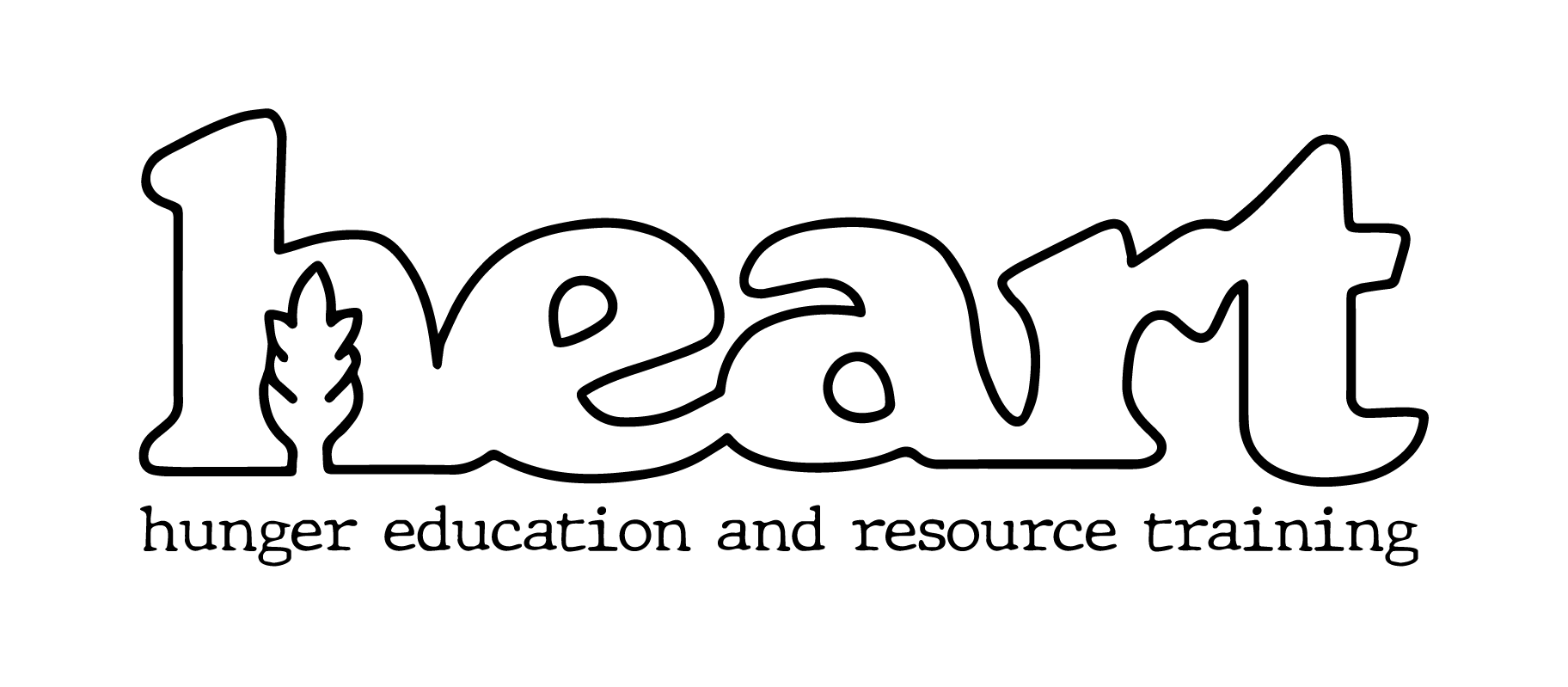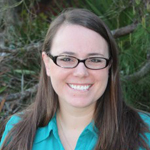I felt like I had been kicked in the gut.
My closest Tanzanian friend and colleague in ministry had a mass growing on her uterus, her health was quickly declining and she was about 7 weeks pregnant.
There was no high tech imaging machinery in Dodoma to get a clear picture of what was going on in Prisca’s body. The missionary doctor explained his concerns.
“With as quickly as the mass is growing, it’s possible that it’s cancerous. Since we don’t know the mass’ exact position on or in the uterus, we don’t know how it will affect the pregnancy. It’s possible that as the mass and the baby grow, it could cause a late term miscarriage.”
“If it’s cancer, Prisca’s life could be in jeopardy. With all the unknowns, I think it’s best for her to go ahead with the surgery.”
Prisca sat in silence, her eyes downcast.
It felt hopeless. What options did we have? We prayed and we cried and we prayed some more.
Through it all, there was a question that was always in the back of my mind. Reproductive education is really poor in Tanzania, and although Prisca had sat in on the sex-ed units that I had taught to our Tailoring School students, I wanted to be sure that she really understood the implications of this decision.
“Do you understand that if they remove your uterus, the baby will die and you will never be able to get pregnant again?”
“Yes. I understand.” She said through tears.


